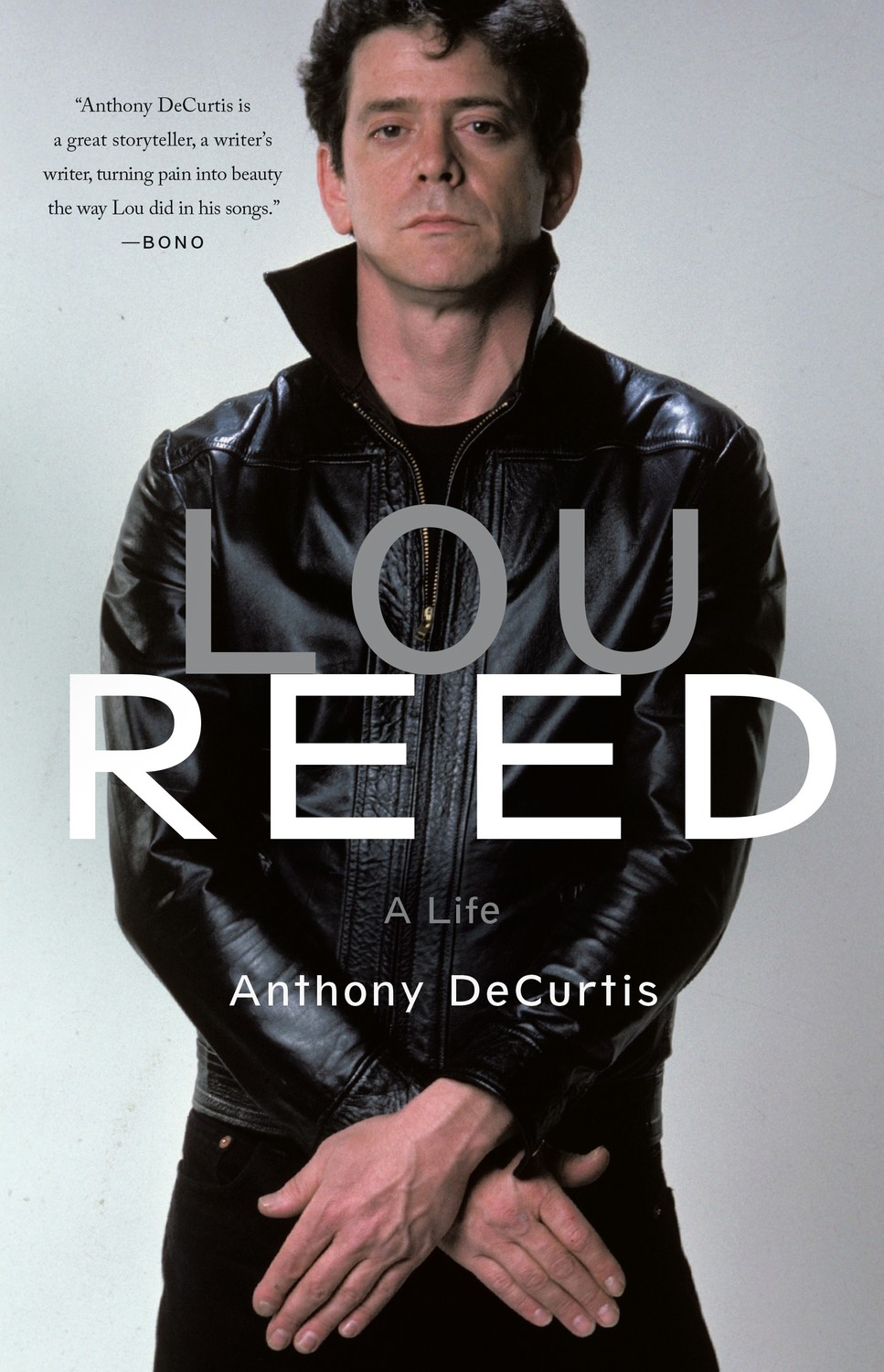A man of contradictions and extremes
Talking music with ‘Lou Reed: A Life’ author
Famed music critic and author Anthony DeCurtis has written the essential biography of one of music’s most influential icons in the music world, “Lou Reed: A Life.” He stops by Turn of the Corkscrew Books & Wine in Rockville Centre on Wednesday, Oct. 25, to chat about his latest book.
As lead singer and songwriter for the Velvet Underground and a renowned solo artist, Lou Reed invented alternative rock. His music, at once a source of transcendent beauty and coruscating noise, violated all definitions of genre, while speaking to millions of fans and inspiring generations of musicians.
But while his iconic status may be fixed, the man himself, a Freeport native, was anything but. Reed’s life was a transformer’s odyssey. Eternally restless and endlessly hungry for new experiences, Reed reinvented his persona, his sound, even his sexuality time and again.
A man of contradictions and extremes, Reed was fiercely independent yet afraid of being alone, artistically fearless yet deeply paranoid, eager for commercial success yet disdainful of his own triumphs. Channeling his jagged energy and literary sensibility into classic songs, such as “Walk on the Wild Side” and “Sweet Jane,” along with radically experimental albums, Reed remained desperately true to his artistic vision, wherever it led him.
Now, just a few years after Reed’s death, DeCurtis, who knew Reed and interviewed him extensively, shares the provocative story of the artist’s complex life. With access to dozens of Reed’s friends, family, and collaborators, DeCurtis tracks Reed’s five-decade career through the accounts of those who knew him and through Reed’s most revealing testimony —- his music.
An author’s insight
“I’m delighted to take my discussion of “Lou Reed: A Life” to Lou’s stomping grounds of many years when I speak at Turn of the Corkscrew Books & Wine,” says DeCurtis, a Grammy Award winner who has served as a member of the Rock & Roll Hall of Fame nominating committee for 25 years.
“It’s no secret, of course, that Lou had complicated feelings about growing up on Long Island, as he did about most things.”
“ However, it’s telling to me that he ended up owning a house there with his wife, Laurie Anderson, and he spent his final days there. Lou invented an idea of what Long Island represented in order to rebel against it and become who he wanted to be. But it was still deeply ingrained in him, and he was very much a product of his life there. Ultimately, it was home to him.”
DeCurtis a Rolling Stone contributing editor for more than 35 years, is also the author of “In Other Words” and “Rocking My Life Away,” and is the co-writer of Clive Davis’s autobiography, “The Soundtrack of My Life.”
“I’ve been familiar with Anthony DeCurtis’s writing for years,” says Carol Hoenig, Turn of the Corkscrew Books & Wine co-owner, “from Rolling Stone magazine, to the biographies of a number of music icons. So when I invited Anthony to come to our store to talk about his latest biography, and he accepted, I was over the moon! Anyone interested in music and musicians’ stories shouldn’t miss this opportunity to meet Mr. DeCurtis!”
An excerpt from ‘Lou Reed:
A Life’
“Sidney Reed wanted to raise his kids on Long Island in part because he believed it would be safer, and he ‘thought that the opportunity on the island would be better,’” said Allan Hyman, one of Reed’s close friends on Long Island, of Reed’s father. “That was the way a lot of people felt.” Freeport was one of the small towns along the south shore of Long Island that served as a bedroom community for New York. The Reeds moved there at a time when conformity was not merely desired or valued; it was an unquestioned good. The Reeds’ home — an undistinguished three- bedroom ranch-style house at 35 Oakfield Avenue — cost $10,000, and it had been built in 1951. Many of the families streaming to the island from the city were from Brooklyn, and many of them were Jewish. Jews were a distinct, if significant,minority, and Reed was enrolled in Hebrew school at Congregation B’nai Israel, which he attended three days a week — and loathed — in preparation for his bar mitzvah. In stark contrast to the identity politics of today, assimilation was the order of the day in the early fifties on Long Island, and none of Reed’s friends, Jewish or not, recall incidents of anti-Semitism or bias.
Anthony DeCurtis on Lou Reed
When: Wednesday, Oct. 25, 7:30 p.m.
Where: Turn of the Corkscrew Books & Wine, 110 N Park Ave., Rockville Centre. (516) 764-6000 or email info@turnofthecorkscrew.com.

 45.0°,
Mostly Cloudy
45.0°,
Mostly Cloudy 




